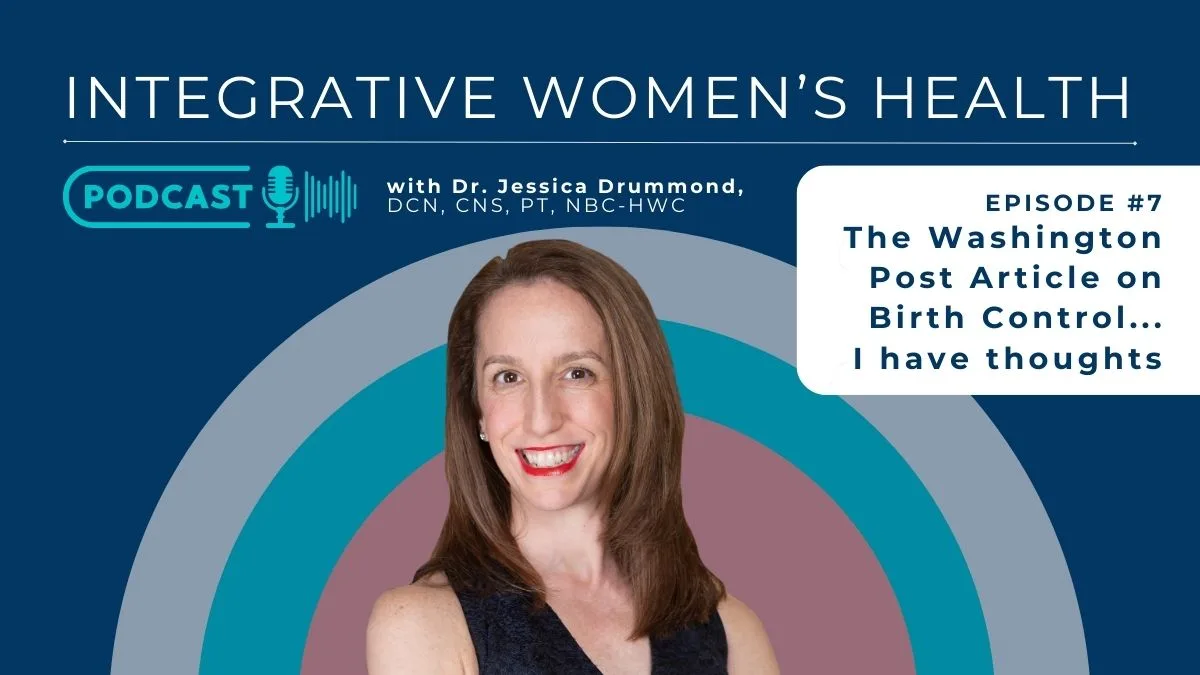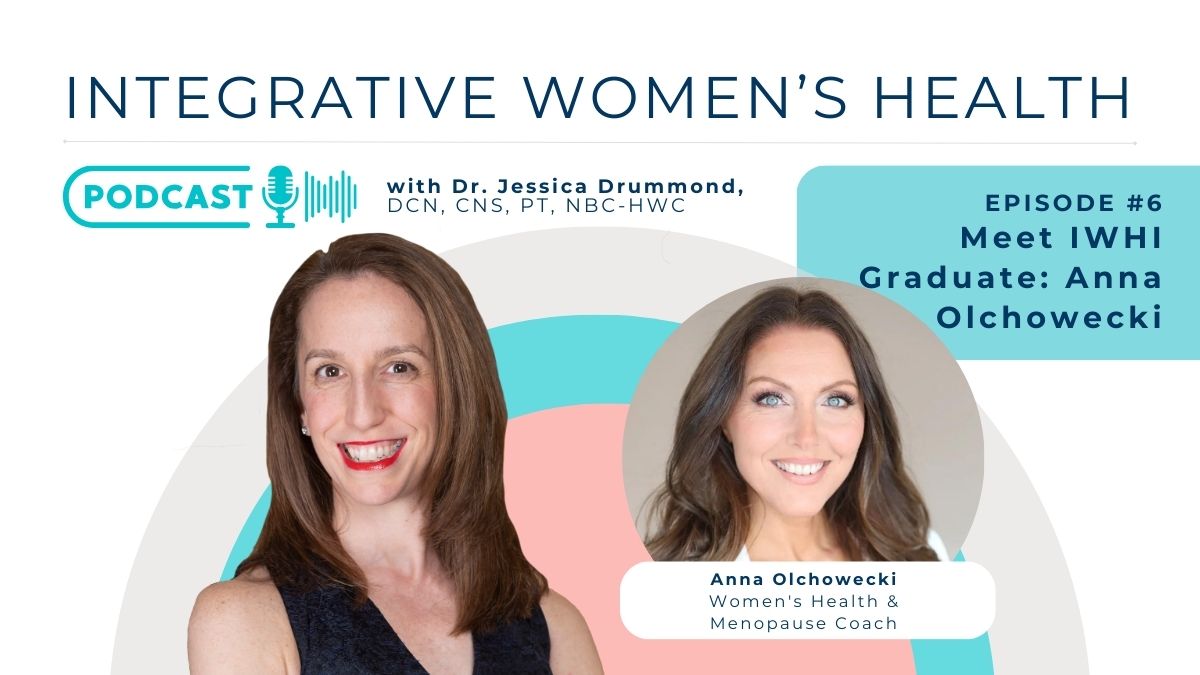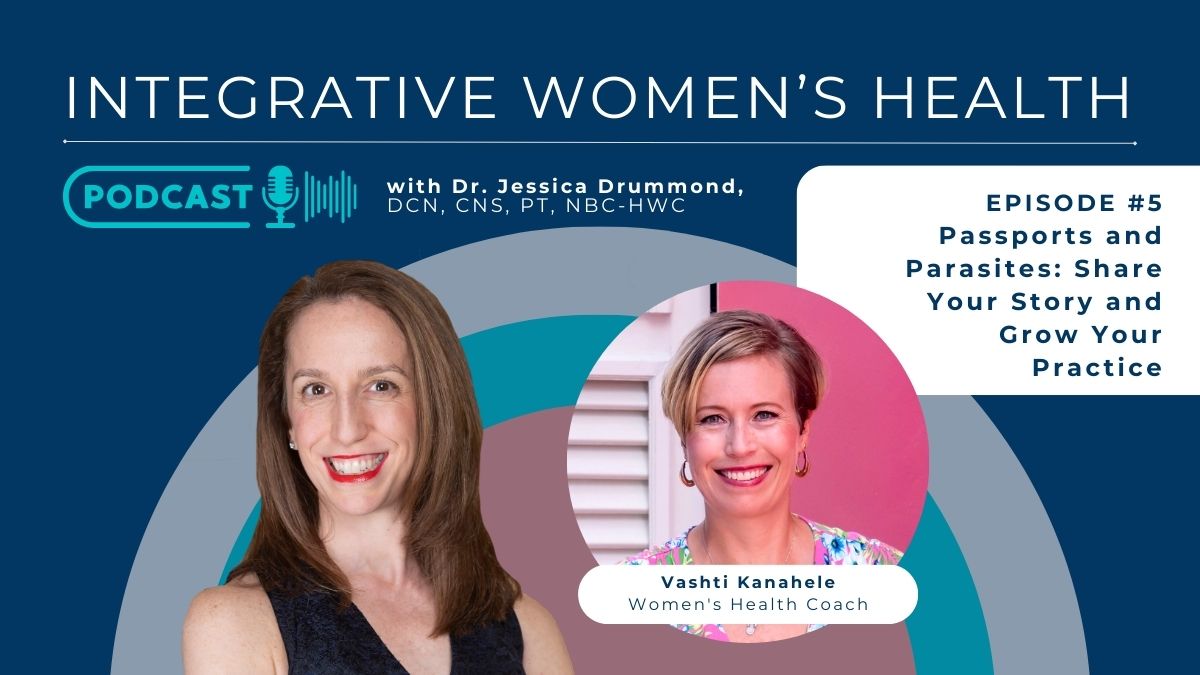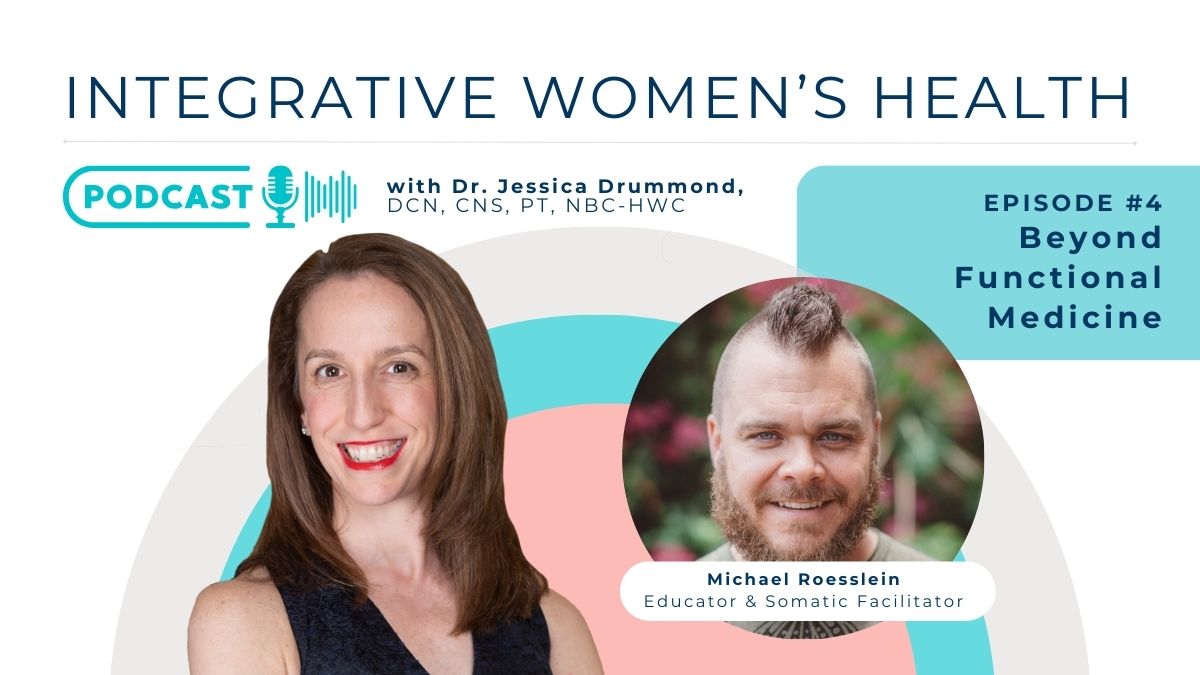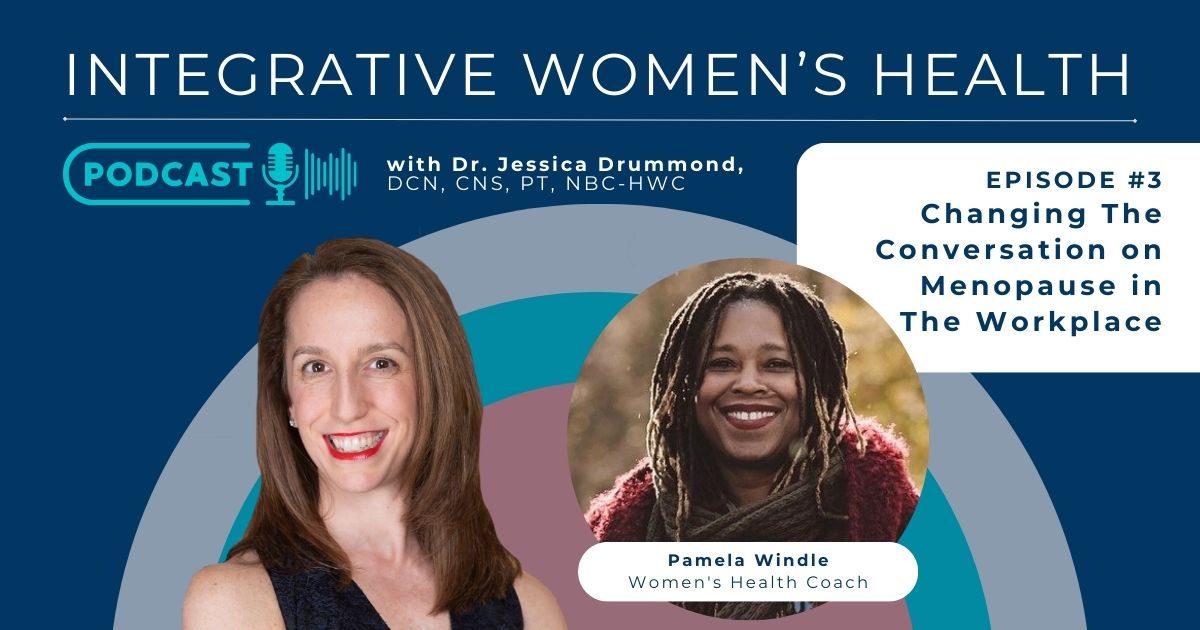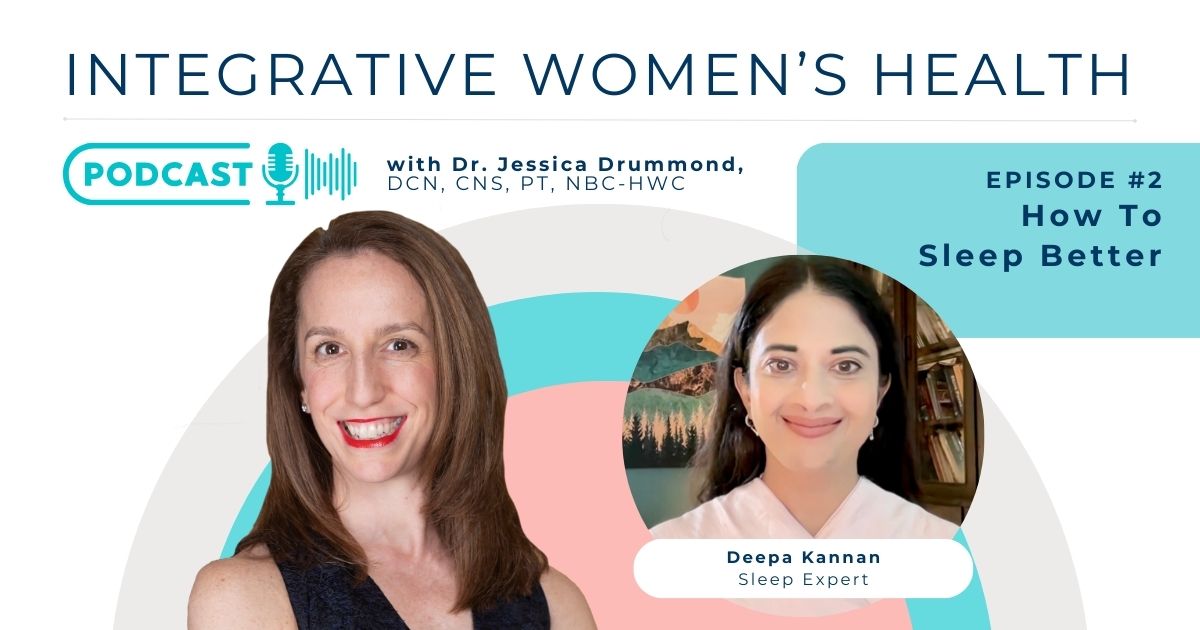
All women’s health and wellness professionals who are working with women with pelvic pain must be knowledgeable about the risk of this common pregnancy complication.
What is ectopic pregnancy?
An ectopic pregnancy occurs when a fertilized egg implants outside of the uterus, 1.
Ectopic pregnancy is common, accounting for 1-2% of all pregnancies.
What are the associated risk factors?
Women and people with a history of a previous ectopic pregnancy, pregnancy loss, previous Chlamydia trachomatis infection, endometriosis, cigarette smoking, pelvic inflammatory disease, history of infertility due to any cause, history of surgery to the fallopian tubes or ovaries, any previous pelvic surgery history of appendectomy, or history of IUD use are at increased risk for ectopic pregnancy, 1, 2, 3.
1-2% of all pregnancies are ectopic pregnancies.
Ruptured ectopic pregnancy accounts for approximately 3% of pregnancy-related deaths.
Can an it be detected by a pregnancy test?
Sometimes. The hormone, human chorionic gonadotropin (HCG), which is measured by pregnancy tests is often elevated with an ectopic pregnancy as in a healthy pregnancy, but not always.
What are the symptoms of ectopic pregnancy?
- Pelvic or abdominal pain
- Amenorrhea
- Missed period
- Abnormal menstrual cycle
- Vaginal bleeding
- Cervical motion tenderness on palpation or with movement, or sexual activity
- Rebound tenderness to pressure on the pelvis or abdomen
- Abdominal distension
- Abnormal or unstable blood pressure
Note that having a urinary tract infection or gastroenteritis does not exclude the possibility of a concurrent ectopic pregnancy 3.
How is an ectopic pregnancy diagnosed?
The diagnosis of ectopic pregnancy is made with visualization on pelvic ultrasound of a yolk sac and/or embryo in or around the organs and/or soft tissues outside of the uterus, such as the ovaries, fallopian tubes, or uterine ligaments 1.
However, most ectopic pregnancies are not so clearly defined and the diagnosis is made by clinical reasoning combining trends in HCG levels with changes over time on ultrasound, plus the patient’s symptoms.

Can Plan B Cause an Ectopic Pregnancy?
Risk is increased following the failure of most contraceptives, including IUDs, oral contraceptive pills, levonorgestrel emergency contraception, such as Plan B, and female sterilization, 2.
While these contraceptive methods may not directly be the cause, they do increase the risk if the contraceptive method fails.
Of course, using contraceptives reduces the overall risk of pregnancy dramatically, thus it is safer to use contraceptives than not to, but if someone becomes pregnant while on contraception their ectopic pregnancy risk is increased compared with those who are actively trying to conceive and not using contraception.
In vitro fertilization and embryo transfer (IVF-ET) is the main risk factor for ectopic pregnancy in women with tubal infertility, 2.
Interested in learning more about how to better support clients dealing with reproductive health challenges?
Join The Advanced Women's Health Mentorship Program for access to health coach training on functional lab testing plus 35+ other exclusive training programs.
Interested in learning more about how to better support clients dealing with reproductive health challenges?
Join The Advanced Women's Health Mentorship Program for access to health coach training on functional lab testing plus 35+ other exclusive training programs.

Can you survive an ectopic pregnancy?
Yes, however, ectopic pregnancy is an emergency situation 1. Ectopic pregnancy must be either managed medically with intramuscular methotrexate or surgically with salpingostomy or salpingectomy. If the patient presents with abnormal blood pressure, blood pressure instability, high HCG levels, or if fetal cardiac activity is detected outside of the uterus on ultrasound, surgery must be performed urgently.
Are there nutrition or lifestyle strategies to support recovery after ectopic pregnancy or to improve fertility after ectopic pregnancy?
Yes. When you are working with clients who have recently undergone medical or surgical management for ectopic pregnancy, there are nutrition and healthy lifestyle strategies to support recovery, reduce the risk of future ectopic pregnancies, and improve future fertility.
Stop smoking 4
Reduce alcohol intake to less than 10 grams per day (about ¾ of a glass of wine) 4
Optimize vitamin D levels5 using Vitamin D3 + K2 supplementation or regular safe sunlight exposure.
Optimize metabolic health especially if your client is struggling with PCOS6.(link to the AWHM PCOS course)
Optimize Coenzyme Q10 (CoQ10) levels7. (Link to… Learn more in our AWHM Functional Lab Testing Course about assessing for common nutritional deficiencies, such as CoQ10.)
Support healthy glutathione levels with N-acetyl-cysteine 8,9,10.
Optimize L-carnitine levels, especially if the woman has a history of endometriosis 10.
Reduce oxidative stress with a nutrient dense anti-inflammatory diet and antioxidant supplementation as needed 11.
- Hendriks, E., Rosenberg, R., & Prine, L. (2020). Ectopic Pregnancy: Diagnosis and Management. American family physician, 101(10), 599–606.
- Li, C., Zhao, W. H., Zhu, Q., Cao, S. J., Ping, H., Xi, X., Qin, G. J., Yan, M. X., Zhang, D., Qiu, J., & Zhang, J. (2015). Risk factors for ectopic pregnancy: a multi-center case-control study. BMC pregnancy and childbirth, 15, 187. https://doi.org/10.1186/s12884-015-0613-1
- Epee-Bekima, M., & Overton, C. (2013). Diagnosis and treatment of ectopic pregnancy. The Practitioner, 257(1759), 15–2.
- Gaskins, A. J., Missmer, S. A., Rich-Edwards, J. W., Williams, P. L., Souter, I., & Chavarro, J. E. (2018). Demographic, lifestyle, and reproductive risk factors for ectopic pregnancy. Fertility and sterility, 110(7), 1328–1337. https://doi.org/10.1016/j.fertnstert.2018.08.022
- Sahhaf, F., Saiyar-Sarai, S., Piri, R., Mohammadi, S., & Naghavi-Behzad, M. (2019). Relationship Between Serum Vitamin D Level and Ectopic Pregnancy: A Case-Control Study. Journal of family & reproductive health, 13(3), 167–172.
- Silvestris, E., Lovero, D., & Palmirotta, R. (2019). Nutrition and Female Fertility: An Interdependent Correlation. Frontiers in endocrinology, 10, 346. https://doi.org/10.3389/fendo.2019.00346
- Rodríguez-Varela, C., & Labarta, E. (2021). Does Coenzyme Q10 Supplementation Improve Human Oocyte Quality?. International journal of molecular sciences, 22(17), 9541. https://doi.org/10.3390/ijms22179541
- Cheraghi, E., Mehranjani, M. S., Shariatzadeh, M. A., Esfahani, M. H., & Ebrahimi, Z. (2016). N-Acetylcysteine improves oocyte and embryo quality in polycystic ovary syndrome patients undergoing intracytoplasmic sperm injection: an alternative to metformin. Reproduction, fertility, and development, 28(6), 723–731. https://doi.org/10.1071/RD14182
- Wang, Y., Li, L., Fan, L. H., Jing, Y., Li, J., Ouyang, Y. C., Wang, Z. B., Hou, Y., & Sun, Q. Y. (2019). N-acetyl-L-cysteine (NAC) delays post-ovulatory oocyte aging in mouse. Aging, 11(7), 2020–2030. https://doi.org/10.18632/aging.101898
- Giorgi, V. S., Da Broi, M. G., Paz, C. C., Ferriani, R. A., & Navarro, P. A. (2016). N-Acetyl-Cysteine and l-Carnitine Prevent Meiotic Oocyte Damage Induced by Follicular Fluid From Infertile Women With Mild Endometriosis. Reproductive sciences (Thousand Oaks, Calif.), 23(3), 342–351. https://doi.org/10.1177/1933719115602772
- Üreyen Özdemir, E., Yalçın Bahat, P., Topbaş Selçuki, N. F., Çakmak, K., Çakmak, F., Neşelioğlu, S., & Erel, Ö. (2022). Evaluation of Oxidative Stress in Ectopic Pregnancies. Acta bio-medica : Atenei Parmensis, 93(1), e2022025. https://doi.org/10.23750/abm.v93i1.11097
The Solution
Join us in The Women’s Health Coach Certification Program. Get top quality women’s health coaching and nutrition skills to support your clients to reach their health goals.
Specialize in puberty, female athletes, menstrual health, birth control recovery, fertility, postpartum, perimenopause, and general hormone health.
Read Related Posts from The Integrative Women's Health Institute Blog:
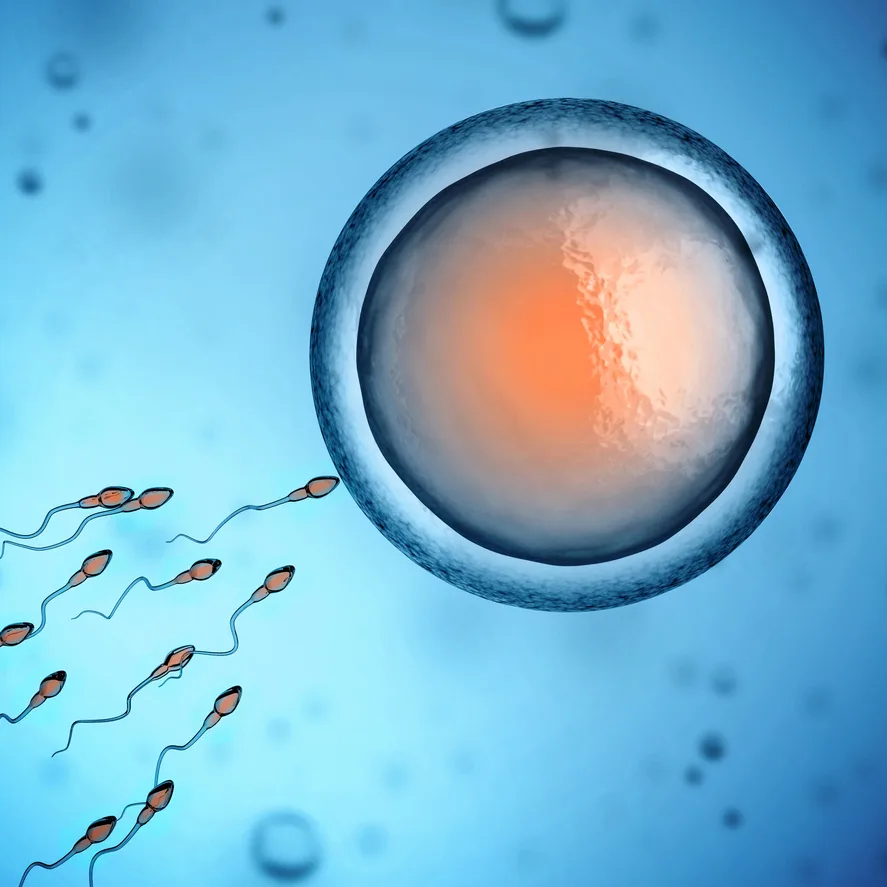
How to Improve Egg Quality: Integrative Strategies
For a woman over 35 who has been told she has “old eggs,” . . .
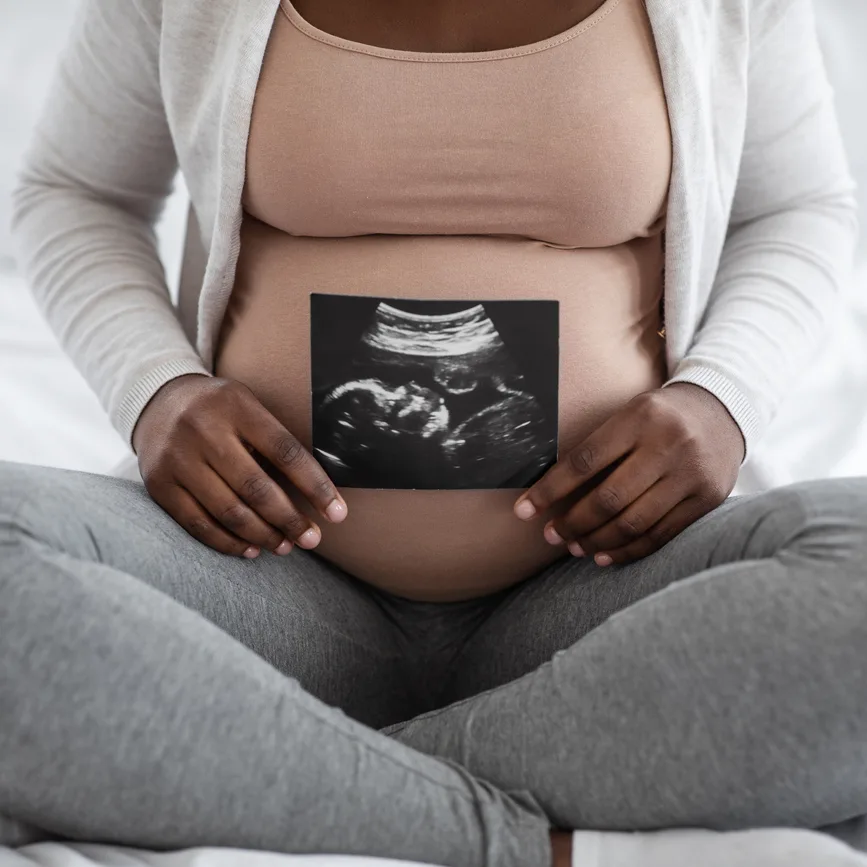
Can You Get Pregnant During Perimenopause?
Perimenopause, Pregnancy, and Fertility During perimenopause, the production of key hormones – estrogen . . .

How To Build a Healthy Breast Milk Supply
For moms and parents in your practice who decide to breastfeed, there is . . .
Ready to Revolutionize Your Career? Watch our on-demand webinar, "Is Becoming a Women’s Health Coach The Right Career Move For You?"


